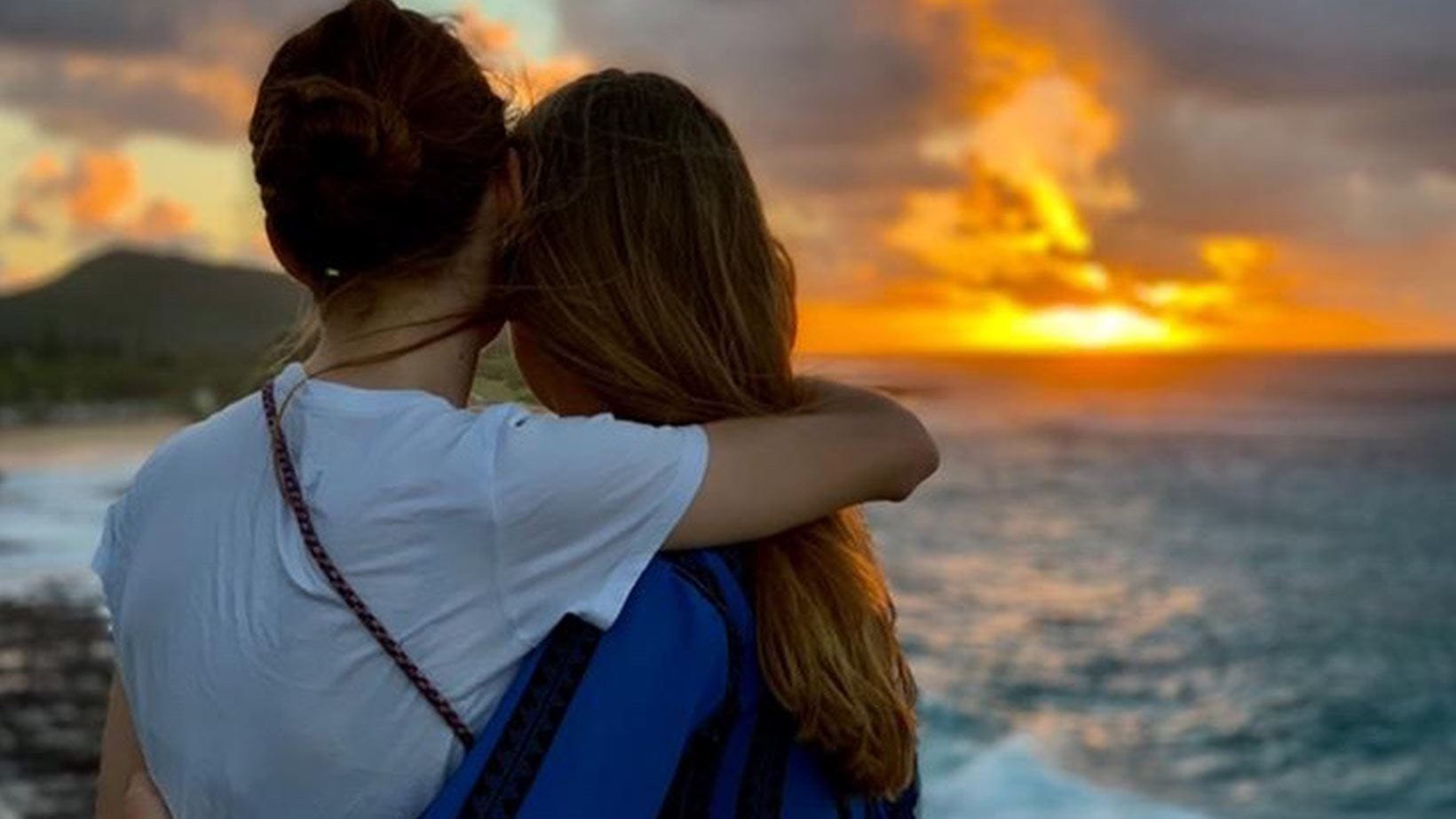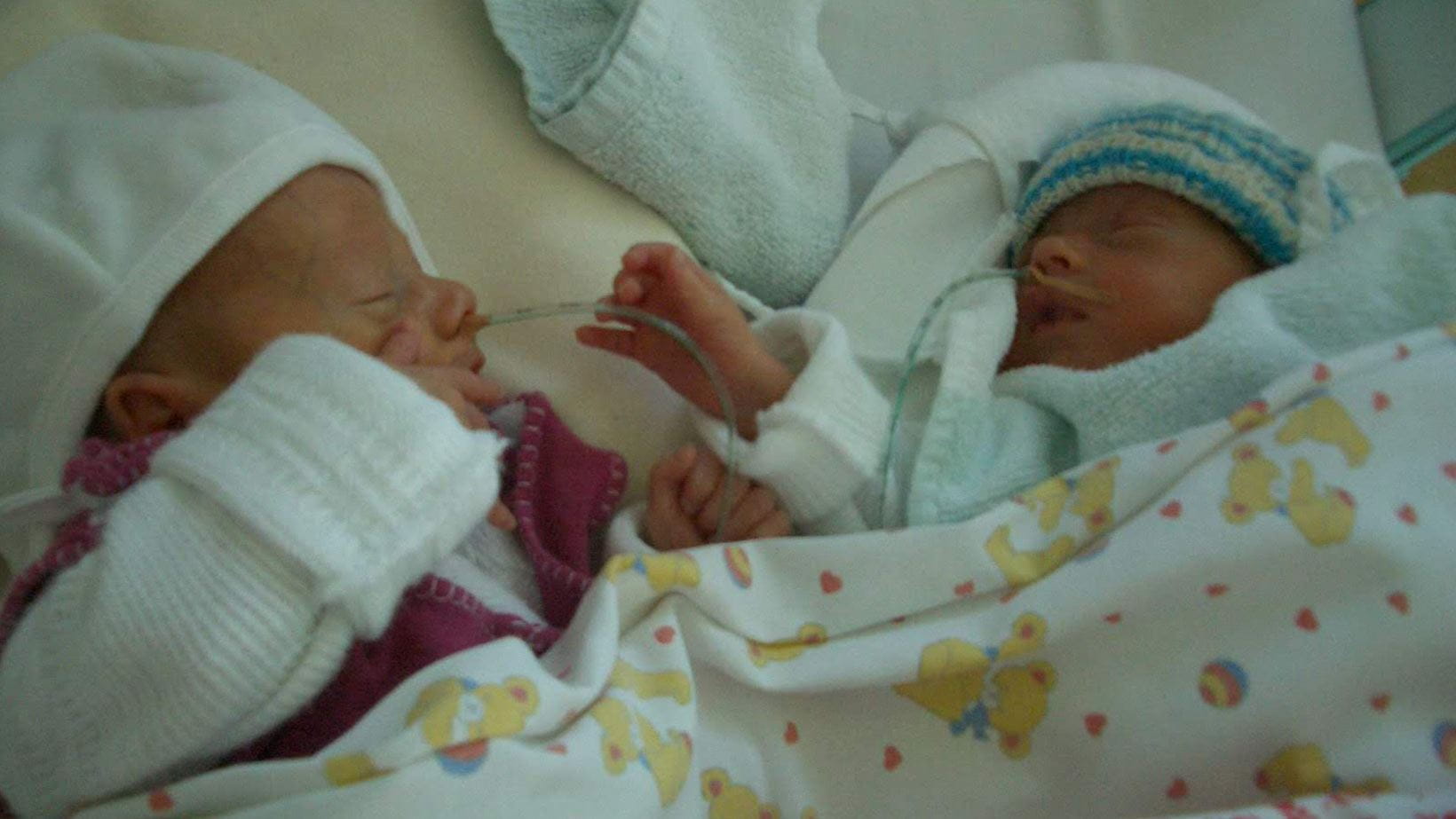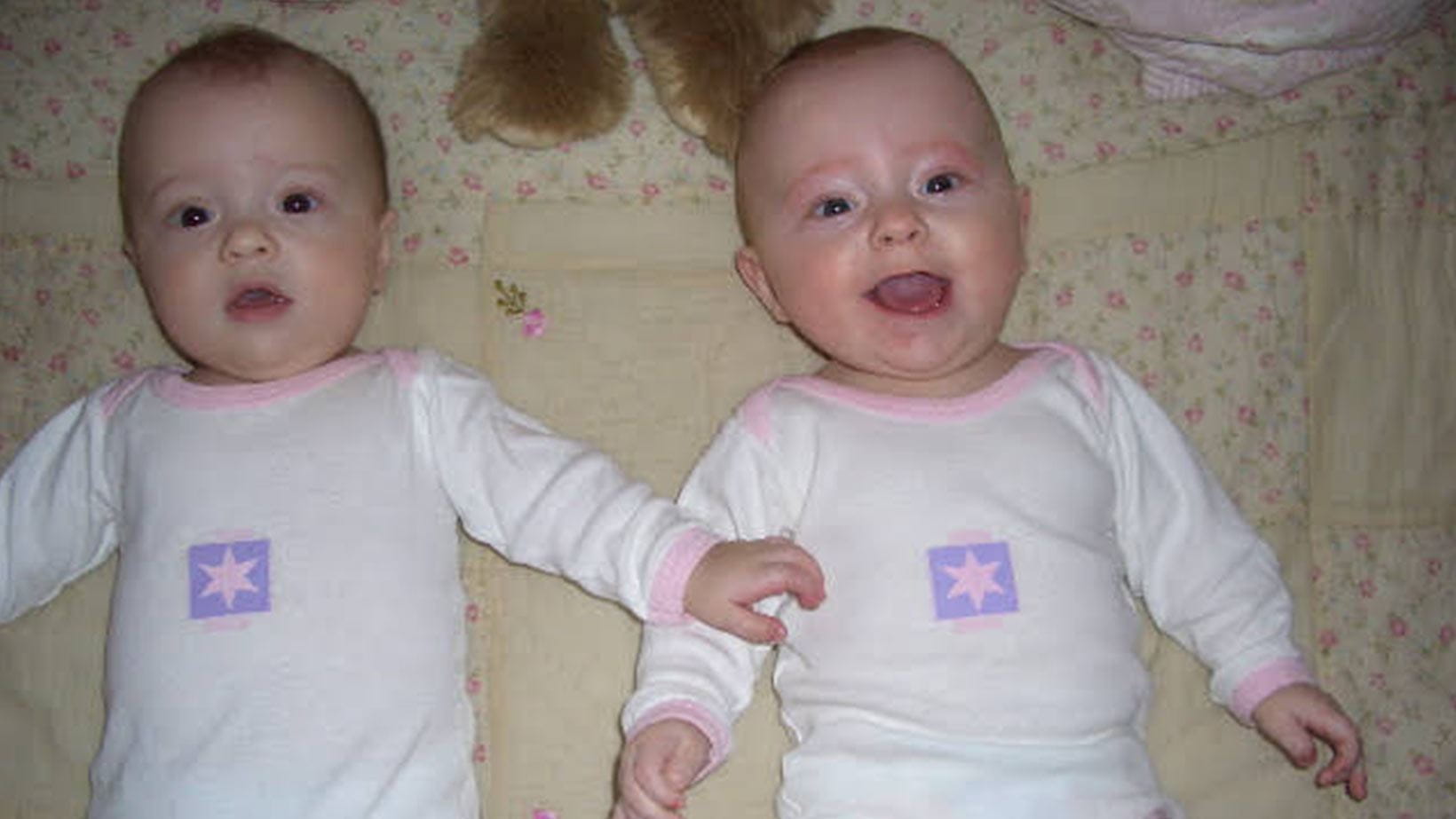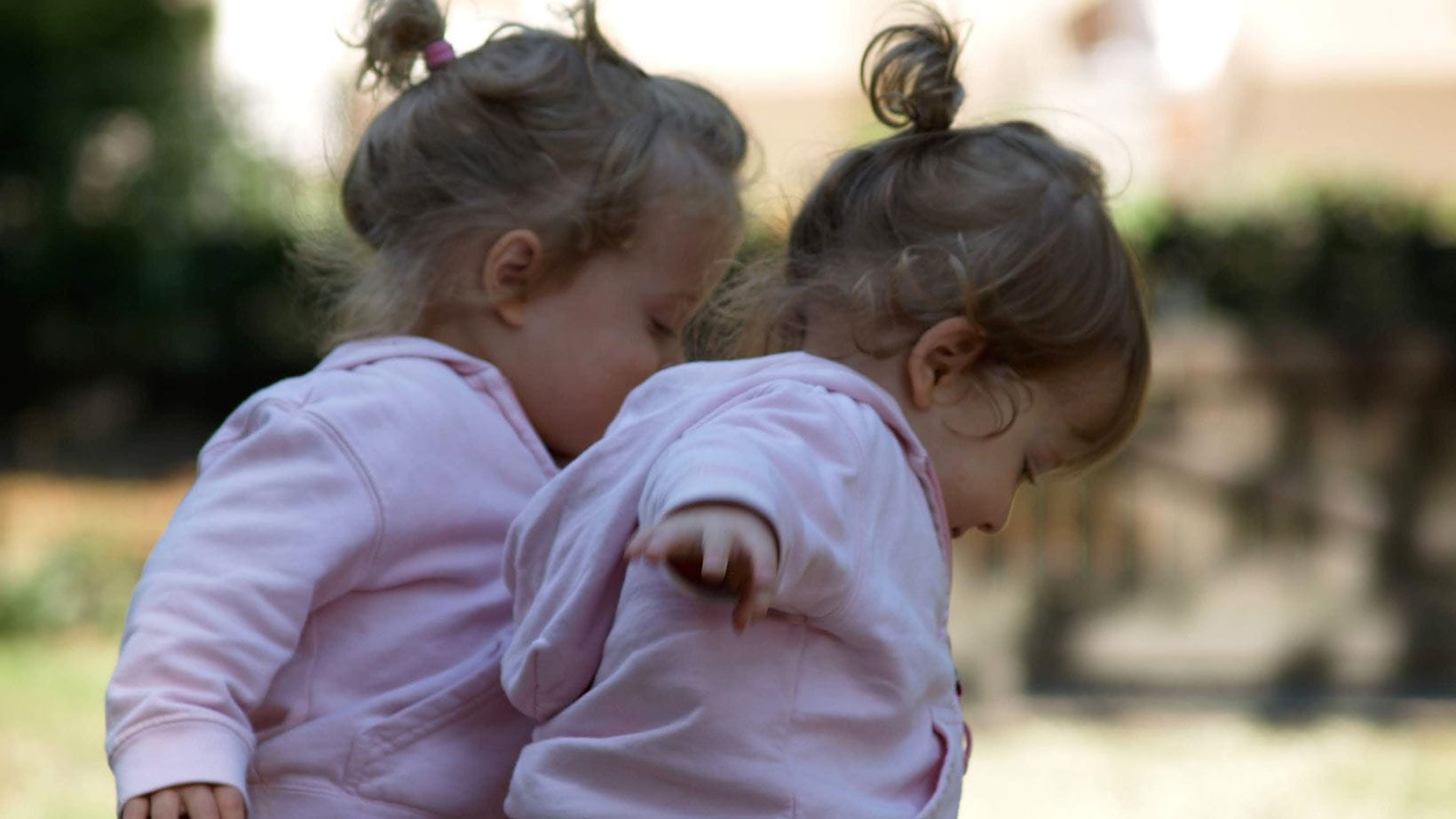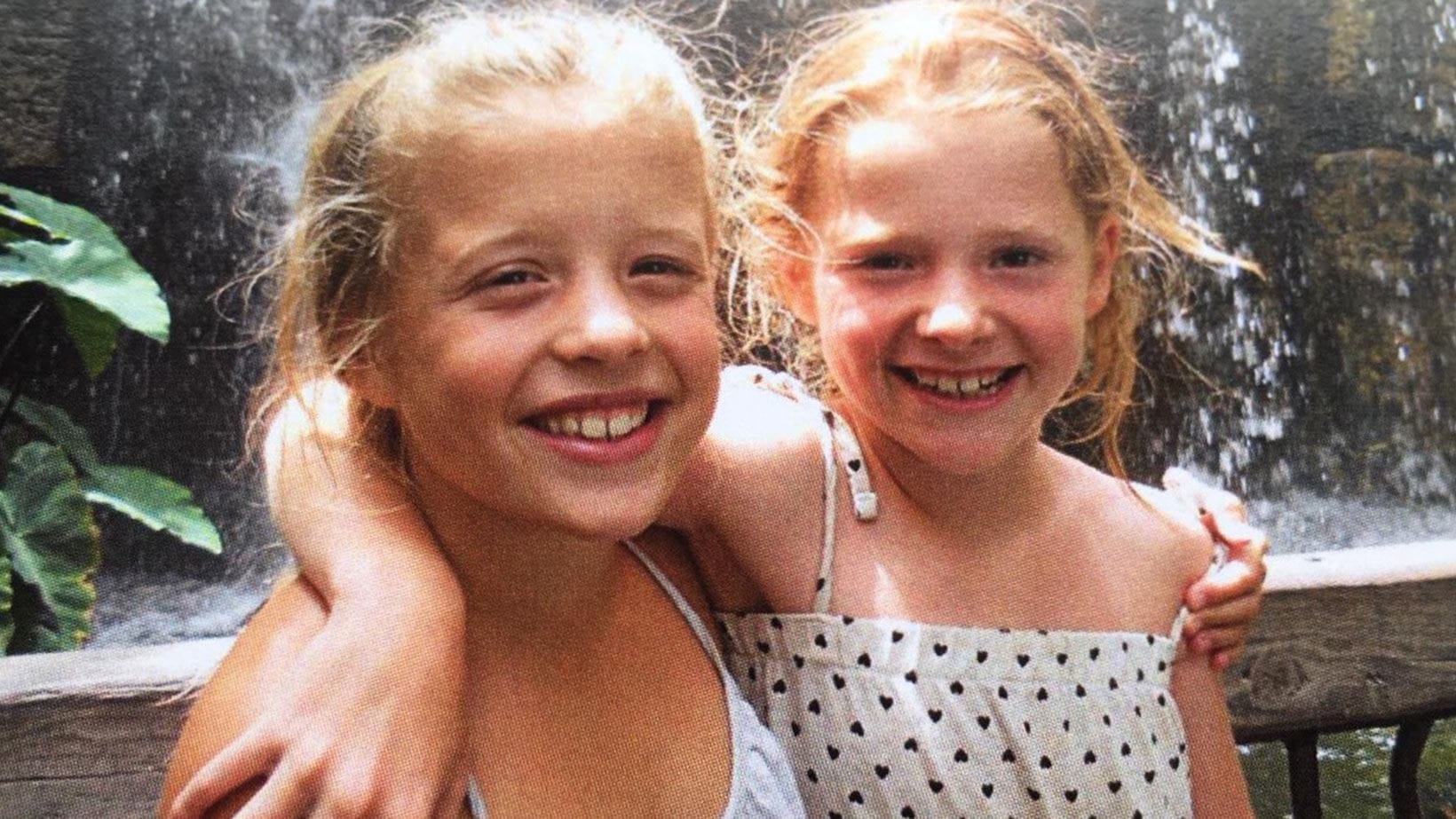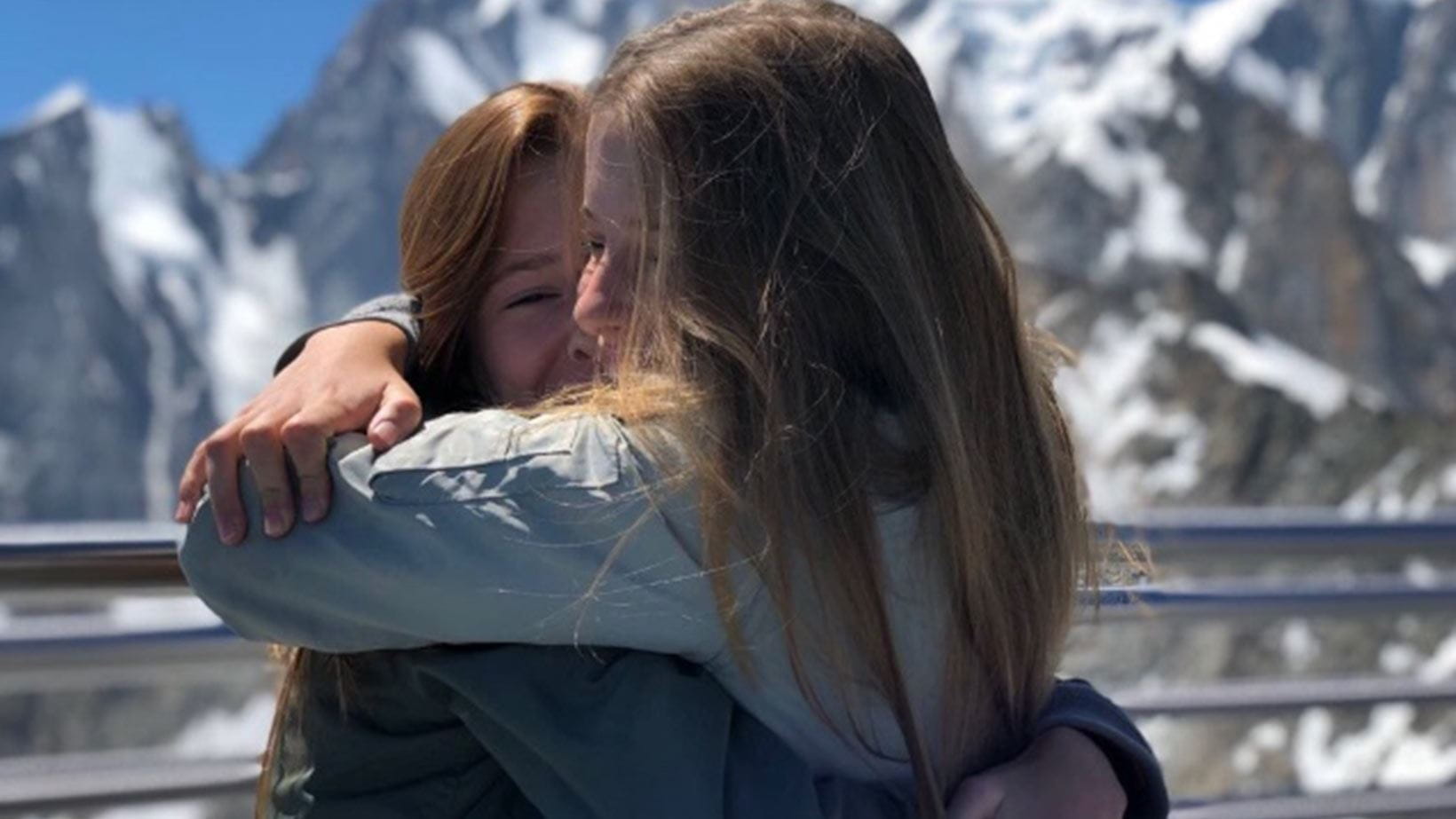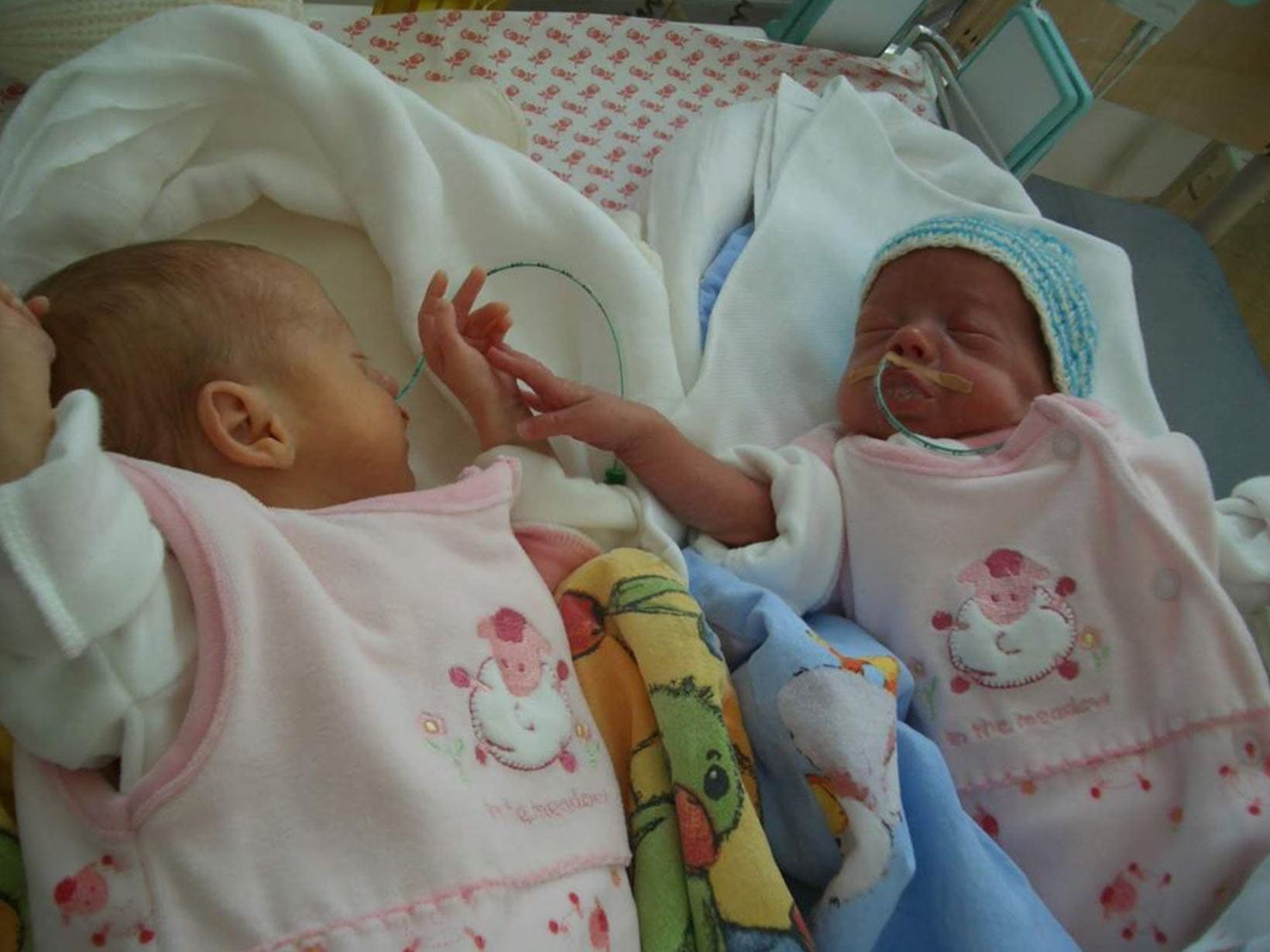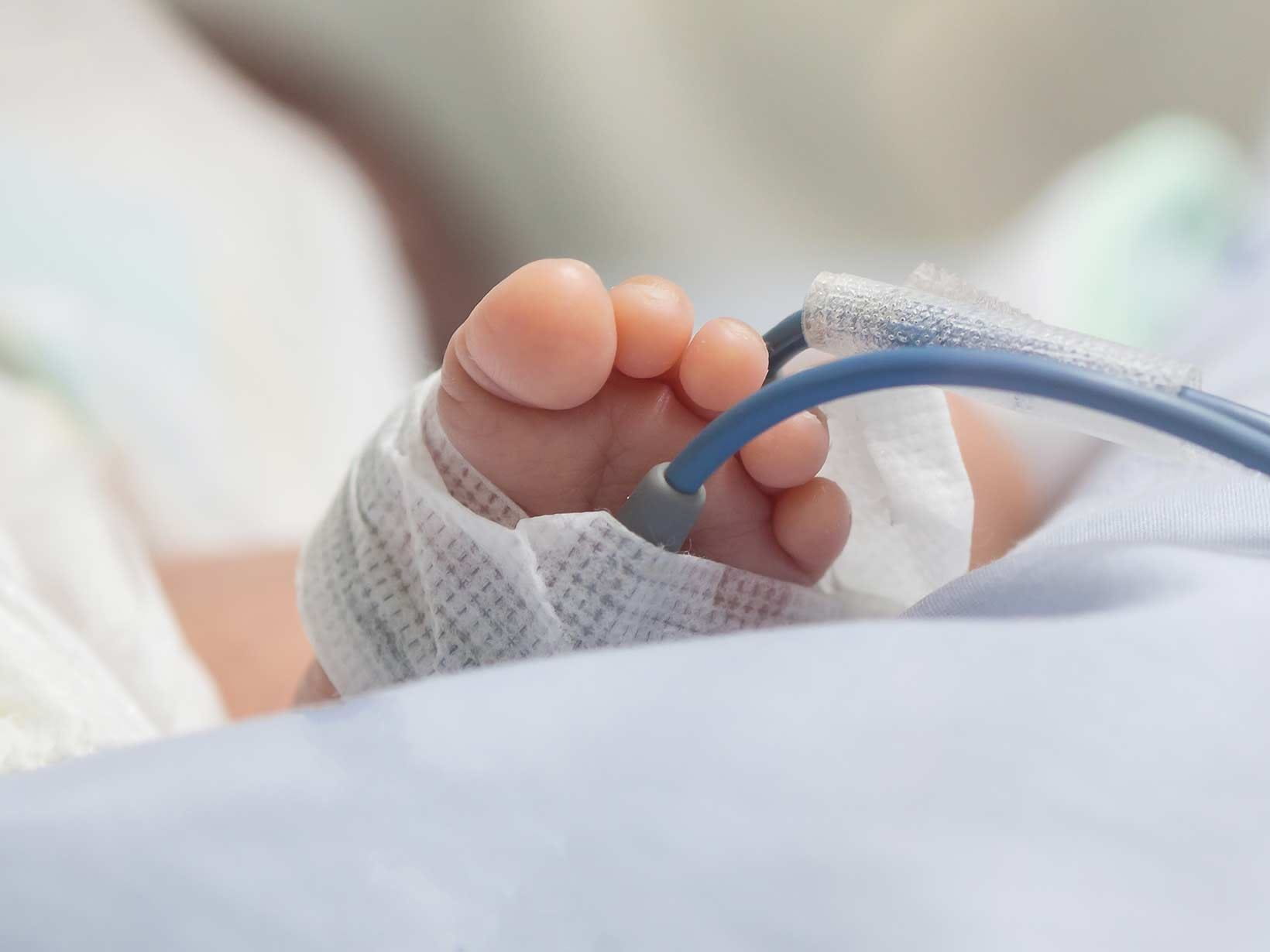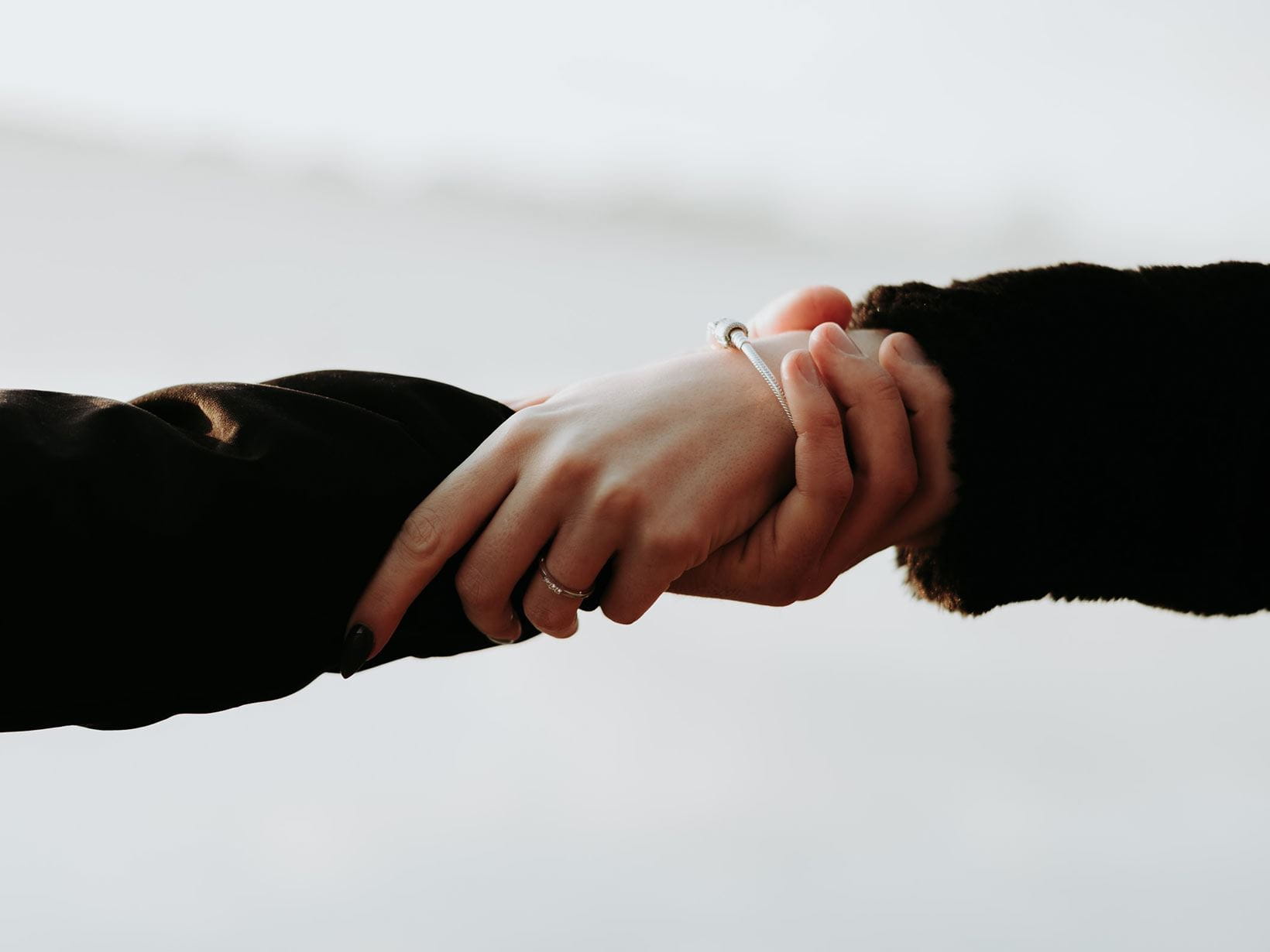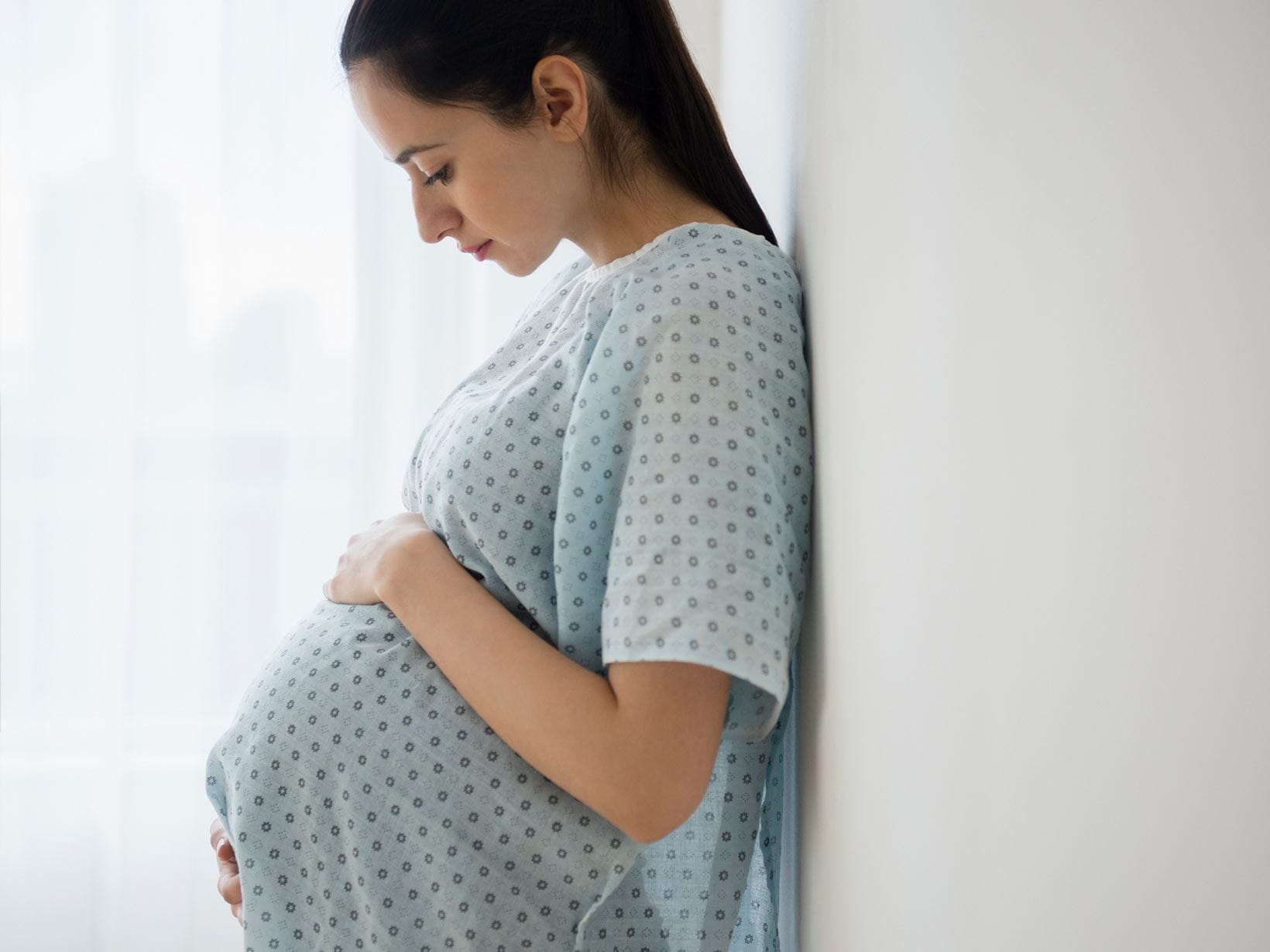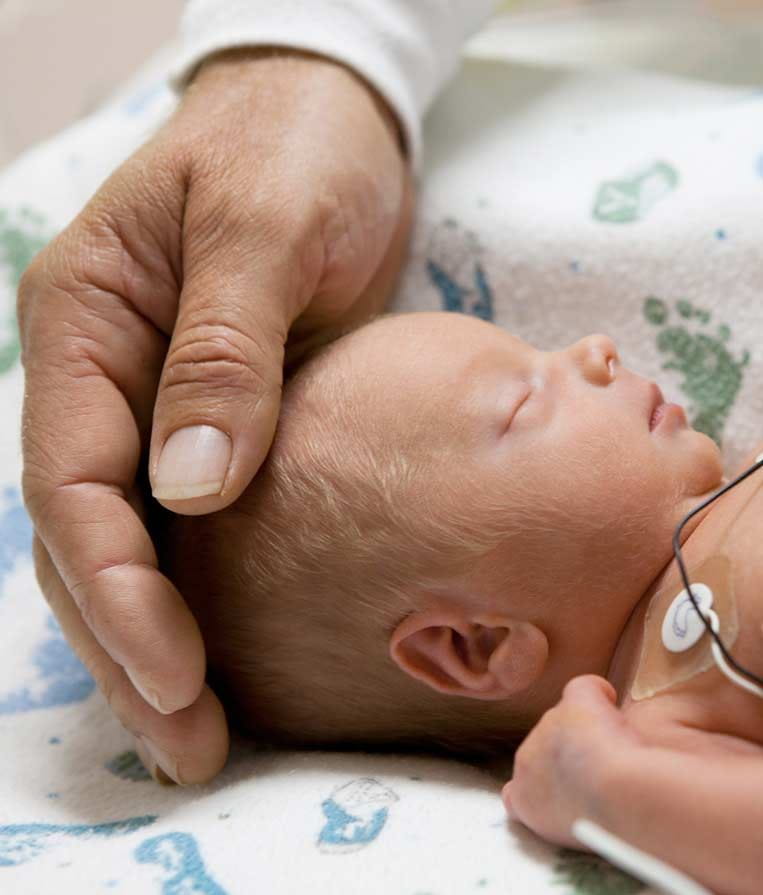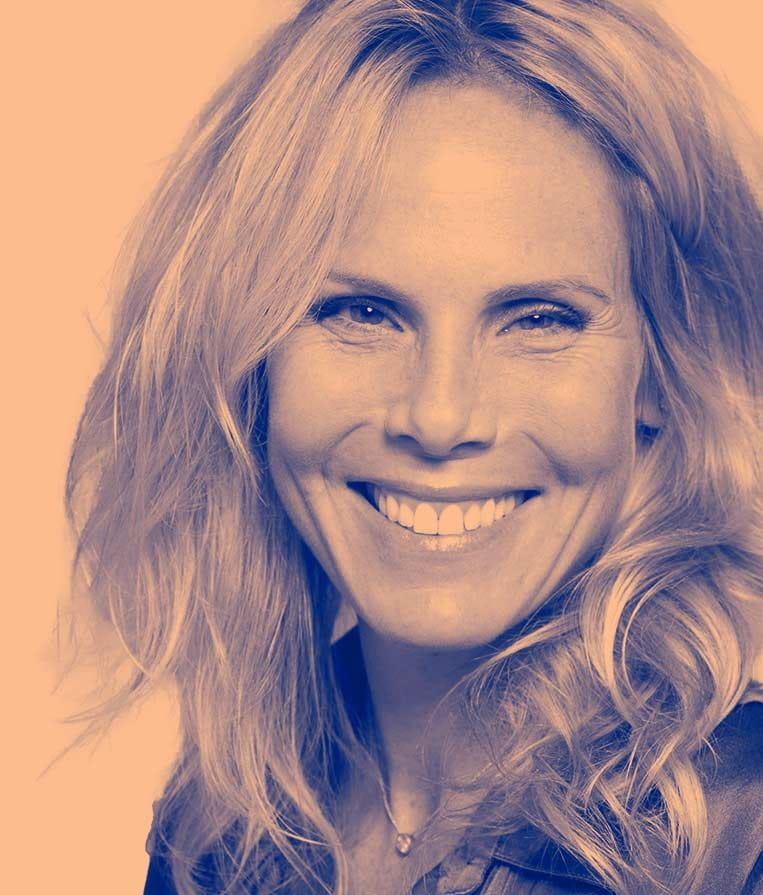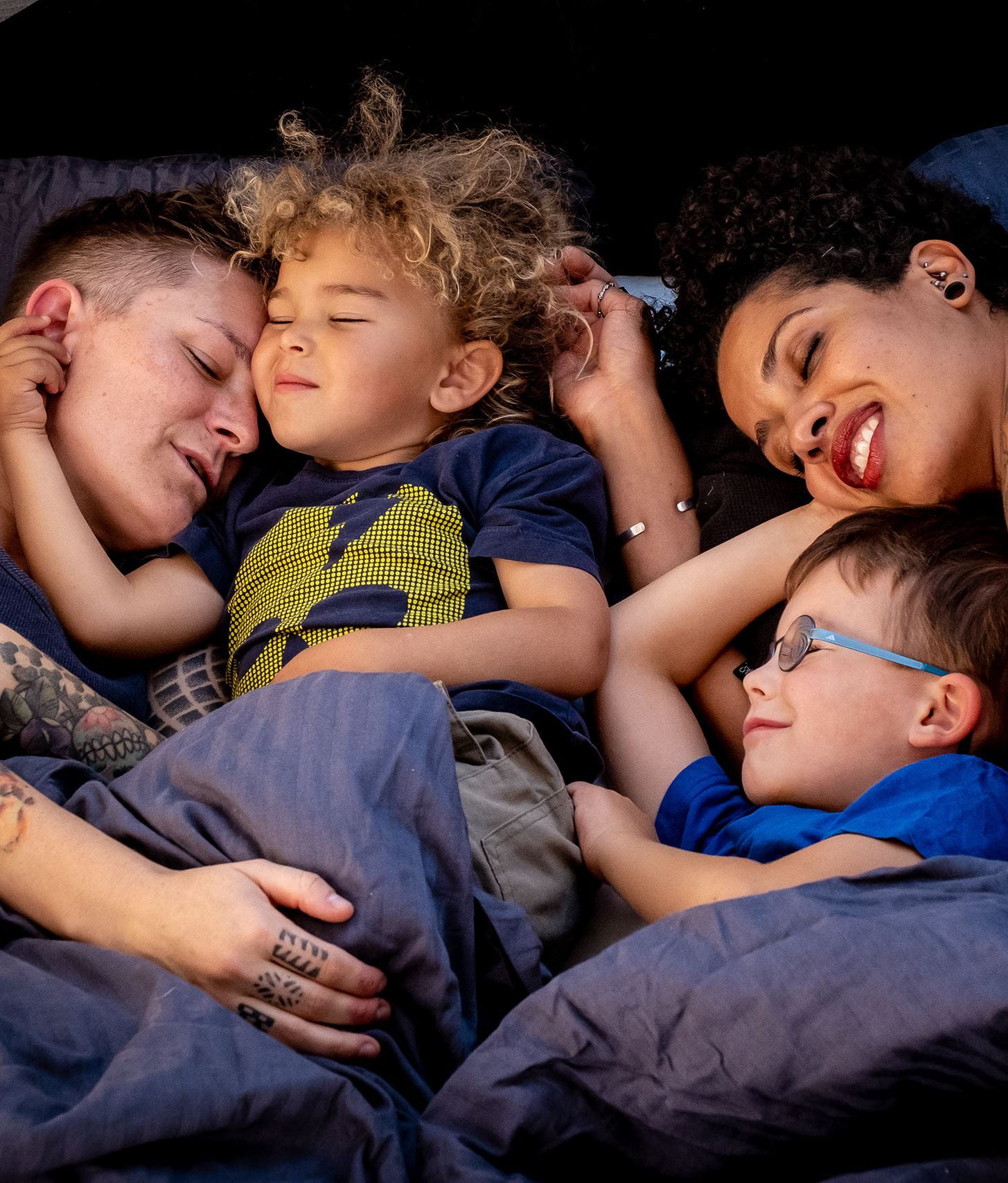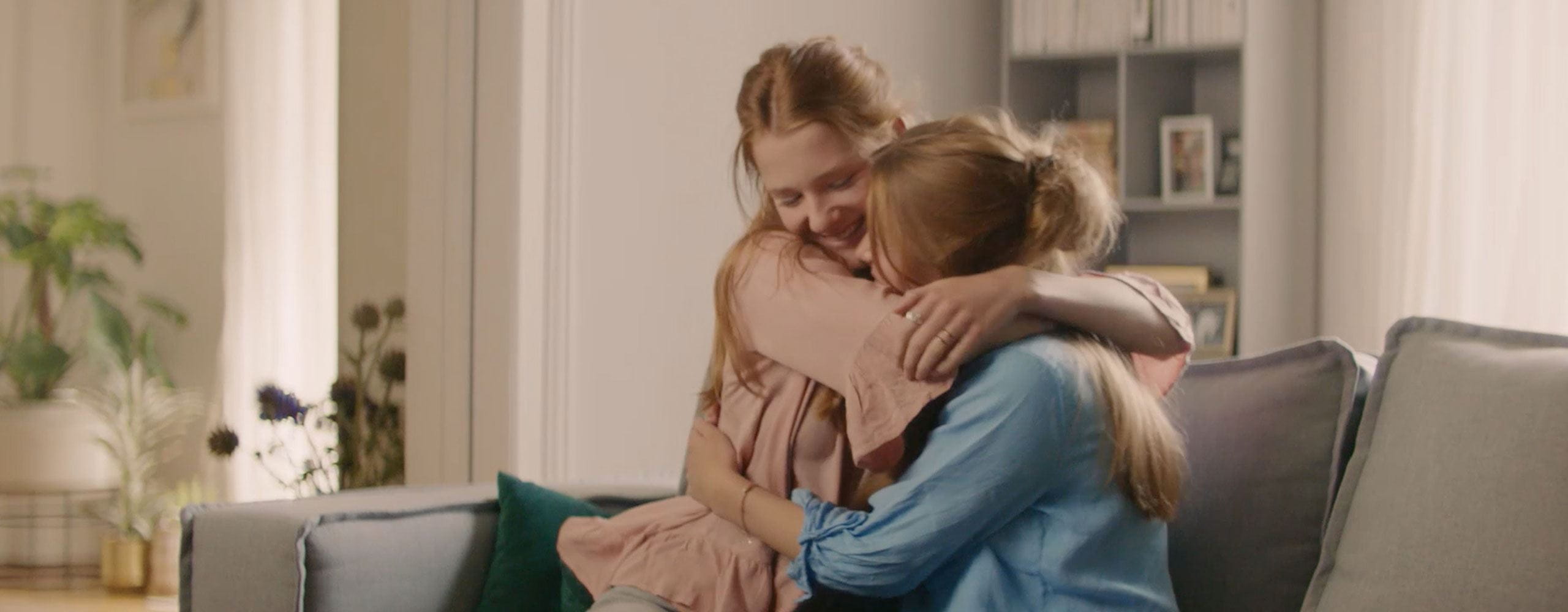
Touch saved my life
Madelaine and Lilly are twins. They live in Hamburg, Germany, like HipHop Music and tell each other everything. They are inseparable since their birth. Since the moment when Lilly saved her sister's life.
„So I felt it as a mom, and I know it today as a physician: touch can heal.“

Prof. Dr. Tzipi Strauss
Chief of Neonatology at Sheba Medical Centre, Tel Aviv, Israel
Touch Saved My Life
These people share stories of how they experienced life-saving touch. What is yours?
